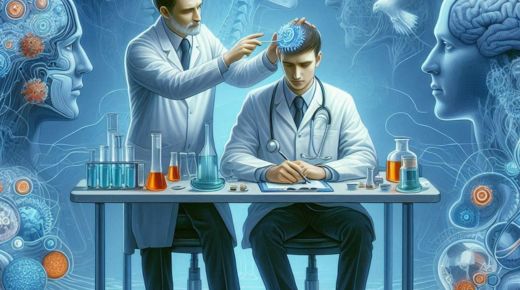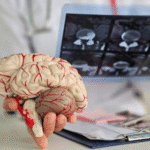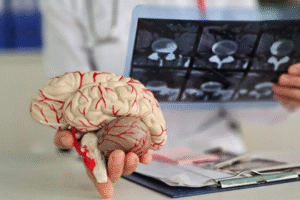
Understanding the brain can be complex. Functional Neurological Disorders (FND) add another layer of mystery. Neurologists play a crucial role in diagnosing and treating these disorders. Ali H. Mesiwala, MD, FAANS, stands out in this field. Neurologists use their expertise to identify symptoms, guide treatment and offer hope for recovery. They bridge the gap between mind and body, helping patients find clarity and relief.
What Are Functional Neurological Disorders?
Functional Neurological Disorders are conditions where patients experience neurological symptoms without a clear structural cause. These symptoms can affect movement, senses, and even cognitive processes. They often mimic other neurological conditions, making diagnosis challenging. Patients may experience tremors, paralysis, or even seizures. Each case is unique, and symptoms can vary widely.
The Role of Neurologists
Neurologists are key players in managing FND. They begin by ruling out other neurological conditions through comprehensive evaluations. This involves careful examination and often a series of tests, such as MRIs or EEGs. Neurologists work to understand the patient’s unique symptoms and tailor a treatment plan accordingly.
Diagnosis and Evaluation
Accurate diagnosis is crucial. Neurologists conduct thorough assessments to differentiate FND from other conditions. They rely on their clinical expertise and sometimes incorporate psychological evaluations. This holistic approach helps in understanding the full picture of the patient’s health.
Treatment Approaches
Treatment for FND often combines several strategies. Neurologists may recommend:
- Physical therapy to improve movement and coordination
- Psychotherapy to address underlying psychological factors
- Medication to manage specific symptoms
Each treatment plan is personalized. By addressing both physical and psychological aspects, neurologists aim to improve overall function and quality of life.
Interdisciplinary Collaboration
Collaboration with other healthcare professionals enhances care for FND patients. Neurologists often work with psychiatrists, physical therapists, and psychologists. This team approach ensures comprehensive care, addressing all aspects of the disorder.
Comparing Treatment Options
There are multiple ways to approach FND treatment. Here’s a simple comparison:
| Treatment Type | Focus | Benefits |
| Physical Therapy | Movement and Coordination | Improves physical function |
| Psychotherapy | Mental and Emotional Health | Addresses psychological factors |
| Medication | Symptom Management | Reduces symptom severity |
Challenges in Treatment
Treating FND can be challenging. Symptoms are real and can be disabling. Misunderstandings about the disorder can lead to stigma. Neurologists strive to educate patients and families, fostering understanding and support.
Research and Advances
Research continues to enhance our understanding of FND. New treatment approaches and technologies are emerging. Neurologists stay informed to provide the best care possible.
Conclusion
Neurologists play a vital role in the treatment of Functional Neurological Disorders. Through careful diagnosis, personalized treatment, and a collaborative approach, they help patients navigate these complex conditions. Their work not only addresses symptoms but also improves the quality of life, proving essential in bridging the gap between physical and mental health.














